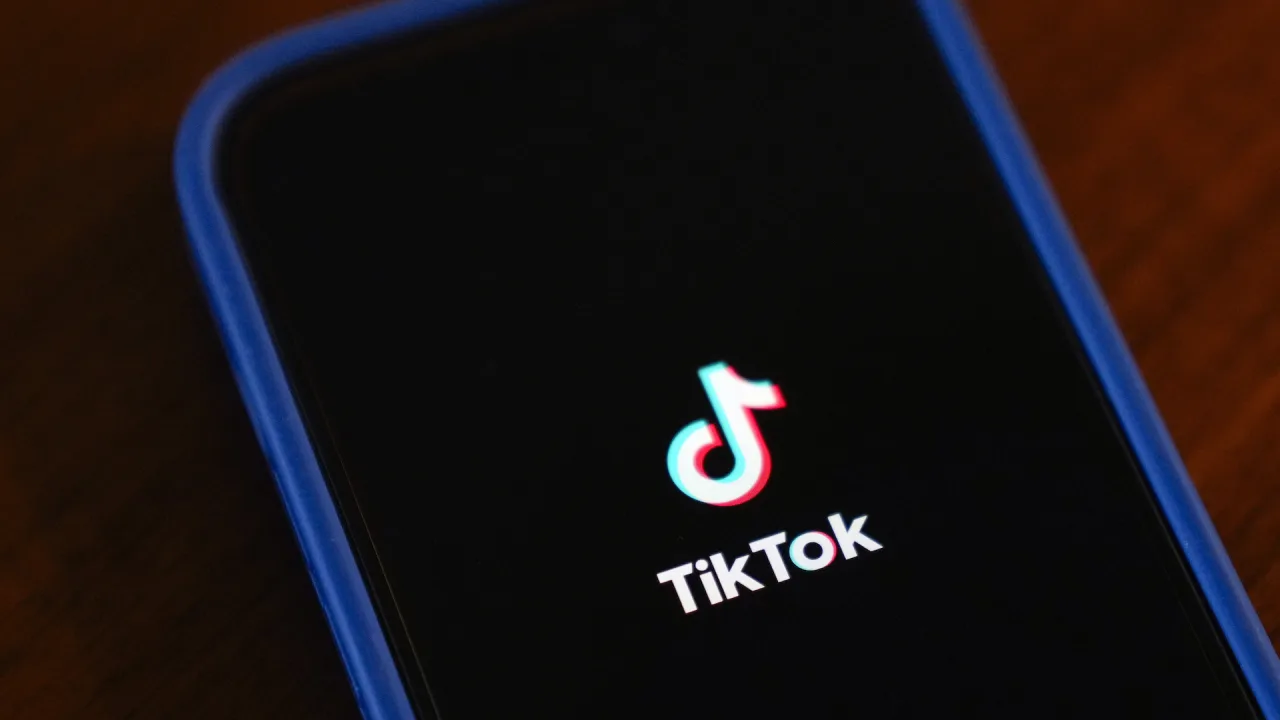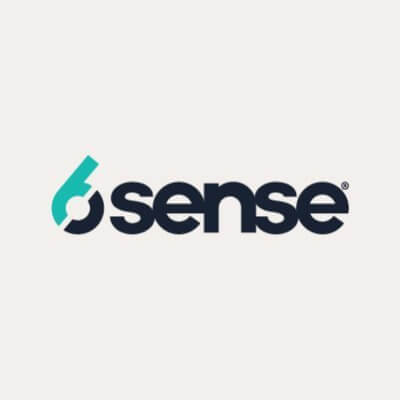Digital Healthcare Marketing: Connecting Providers with Patients in the Modern Age
Healthcare is no longer just about appointments and prescriptions—it’s about engagement, education, and experience

The digital age has transformed nearly digital healthcare marketing every aspect of our lives—from how we shop and communicate to how we access healthcare. As patients become increasingly tech-savvy and proactive about their health, healthcare providers must evolve to meet their expectations. Traditional marketing alone is no longer enough. Today, digital healthcare marketing is essential for connecting with patients, building trust, and delivering care in ways that align with modern lifestyles.
This comprehensive guide explores the role of digital marketing in healthcare, why it matters, and how providers can leverage it to build stronger, more effective connections with patients.
Markitieng santa Rosa is a vibrant, diverse community with a growing population and a strong local economy. To stand out in this competitive market, businesses need more than word-of-mouth—they need smart, targeted marketing strategies that speak directly to local audiences.
Why Digital Healthcare Marketing Matters
Healthcare is no longer just about appointments and prescriptions—it’s about engagement, education, and experience. Patients want more control over their healthcare journey. They search online for symptoms, compare providers based on reviews, and expect seamless, digital-first experiences.
Here are a few statistics that underscore the shift:
-
77% of patients use search engines before booking appointments.
-
71% of millennials prefer scheduling appointments online.
-
94% of patients read online reviews before choosing a doctor.
The implications are clear: If your healthcare organization doesn’t show up—and show up well—online, you risk losing patients to competitors who do.
Key Components of Digital Healthcare Marketing
To connect with modern patients, providers need a strategic mix of digital tools and platforms. Here are the core pillars of a successful digital healthcare marketing strategy:
1. Search Engine Optimization (SEO)
SEO is the foundation of digital visibility. It ensures your website and content appear when potential patients search for relevant terms like “urgent care near me” or “best cardiologist in Richmond.”
Best practices for healthcare SEO include:
-
Keyword optimization for services and symptoms.
-
Local SEO (Google Business Profile, location-based content).
-
Fast, mobile-friendly websites.
-
Structured data markup for health-related content.
-
Regular updates with fresh, informative content.
SEO helps you capture organic traffic and guide patients directly to your services.
2. Content Marketing
Education builds trust. Through blogs, videos, infographics, and downloadable guides, healthcare providers can answer questions, debunk myths, and explain complex medical topics in simple terms.
Types of content that work well:
-
Blog posts on symptoms, conditions, and treatments.
-
How-to videos for managing chronic illnesses.
-
FAQs about procedures or policies.
-
Newsletters with health tips and seasonal advice.
-
Stories showcasing patient success and recovery.
Content marketing not only improves SEO but also reinforces your credibility as a healthcare provider.
3. Social Media Engagement
Social media is a powerful way to humanize your brand, engage communities, and distribute health information quickly and widely.
Popular platforms for healthcare marketing:
-
Facebook – For community outreach, patient testimonials, health alerts.
-
Instagram – Great for behind-the-scenes, wellness content, and provider spotlights.
-
LinkedIn – Best for B2B healthcare organizations, referrals, and networking.
-
TikTok & YouTube – Effective for educational and awareness videos, especially with younger audiences.
Posting consistently and responding to comments or messages helps foster trust and loyalty.
4. Online Reputation Management
Online reviews can make or break your practice. Positive reviews encourage new patients, while negative ones can deter them.
Strategies for managing your reputation:
-
Actively request feedback from satisfied patients.
-
Monitor reviews on Google, Healthgrades, Yelp, and Facebook.
-
Respond respectfully and promptly to negative feedback.
-
Use patient feedback to improve services.
A five-star rating builds credibility and assures potential patients that they’re in good hands.
5. Paid Advertising (PPC & Display Ads)
Pay-per-click advertising allows you to target specific search queries and drive immediate traffic to your site.
Common ad types for healthcare:
-
Google Ads – Appear at the top of search results for keywords like “dentist open on weekends.”
-
Facebook/Instagram Ads – Promote events, screenings, or new services.
-
Display Ads – Reach patients across health-related websites and apps.
PPC campaigns can be tailored by location, demographics, interests, and even the time of day.
6. Email Marketing and Automation
Email remains a highly effective channel for ongoing communication with patients.
Effective email campaigns include:
-
Appointment reminders and confirmations.
-
Preventive care tips and wellness newsletters.
-
Re-engagement emails for inactive patients.
-
Satisfaction surveys and follow-ups.
Marketing automation tools allow you to send personalized, timely messages based on patient behavior and preferences.
7. Video Marketing
Video is one of the most engaging content formats. Healthcare providers can use video to simplify complex topics, promote services, or share real patient stories.
Great video ideas include:
-
“Meet the Doctor” introductions.
-
Procedure explainers and pre-visit instructions.
-
Patient testimonials and recovery stories.
-
Animated videos on lifestyle tips and prevention.
Video marketing boosts engagement, improves understanding, and creates a stronger emotional connection.
8. Telehealth Promotion and Integration
With the rise of telehealth, promoting virtual care options has become critical. Patients need to know these services exist and feel comfortable using them.
Best practices for telehealth marketing:
-
Highlight virtual care options on your homepage and social media.
-
Create clear instructions for how to book and access virtual visits.
-
Share success stories from patients who used telehealth.
-
Offer virtual “Ask a Doctor” sessions or webinars.
Telehealth expands your reach and offers convenience that today’s patients demand.
Mapping the Digital Patient Journey
A successful healthcare marketing strategy aligns with the modern patient journey, which includes:
-
Awareness
-
Patients experience symptoms and start researching online.
-
SEO and content marketing help your brand appear during this early stage.
-
Consideration
-
They compare providers, read reviews, explore service options.
-
Social media, reputation management, and a user-friendly website help you stand out.
-
Conversion
-
Patients decide and schedule an appointment.
-
Booking systems, calls to action, and follow-up emails support this phase.
-
Care & Follow-Up
-
Digital forms, telehealth options, and post-visit emails improve satisfaction and retention.
-
Advocacy
-
Happy patients leave reviews, refer others, and share experiences online.
Your digital presence should guide, support, and reassure patients at each of these stages.
Personalization and Data-Driven Marketing
Modern marketing is no longer one-size-fits-all. Today’s patients expect personalized experiences, and technology makes that possible.
Examples of personalization in healthcare marketing:
-
Showing ads to users based on past behavior (retargeting).
-
Sending emails tailored to health conditions or life stages.
-
Using website chatbots to answer FAQs instantly.
-
Offering content recommendations based on previous visits.
Data from web analytics, CRM systems, and feedback tools help you refine your messaging, timing, and targeting.
Compliance and Ethics in Digital Healthcare Marketing
Healthcare marketing operates in a highly regulated space. Providers must follow rules to ensure ethical and legal practices.
Key compliance principles:
-
HIPAA compliance – Never share personal health information (PHI) without consent.
-
Patient consent – Get written approval for testimonials, images, and case studies.
-
Truthful advertising – Avoid misleading claims or guarantees.
-
Accessibility – Ensure your website and content are usable for people with disabilities.
Partnering with a healthcare marketing agency familiar with compliance can help you navigate this landscape safely.
Measuring Marketing Success
To ensure your digital efforts are working, track the right Key Performance Indicators (KPIs) such as:
-
Website traffic and bounce rates.
-
Conversion rate (appointments, form fills, calls).
-
Click-through rate (CTR) on emails and ads.
-
Online review ratings and volume.
-
Patient acquisition cost (PAC).
-
Retention and rebooking rates.
Using tools like Google Analytics, Facebook Insights, and CRM dashboards allows you to adjust strategies for better results.
Trends Shaping the Future of Digital Healthcare Marketing
Digital marketing in healthcare will continue to evolve. Key trends to watch include:
-
AI-powered chatbots for 24/7 patient support.
-
Voice search optimization for devices like Alexa and Google Assistant.
-
Virtual reality (VR) and AR for patient education and surgical training.
-
Predictive analytics to forecast patient behavior and improve targeting.
-
Healthcare influencers and micro-influencers sharing credible health advice.
-
Omnichannel engagement blending web, mobile, email, and in-person experiences.
Staying current with technology and patient behavior trends is critical to long-term success.
Final Thoughts: Building Stronger Connections in a Digital Age
Digital healthcare marketing is not just a tool—it’s a bridge. It connects patients with the information, services, and providers they need. It fosters trust, expands access, and improves care delivery. And in an era where digital expectations are high, it ensures your practice stays relevant and competitive.
From the first Google search to the follow-up email, every digital interaction is an opportunity to make a meaningful connection. Providers who embrace digital transformation will not only grow their practices but also better serve their communities.




































































![https //g.co/recover for help [1-866-719-1006]](https://newsquo.com/uploads/images/202506/image_430x256_684949454da3e.jpg)























![How Smart PMs Scale Their Careers in Any Org [TPG Live Recap]](https://tpgblog.com/wp-content/uploads/2025/06/2025-06-12-thumbnail-action.png?#)














































